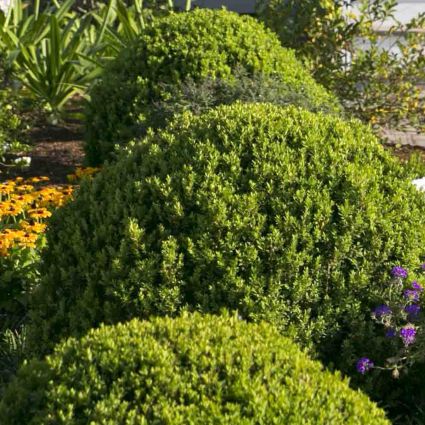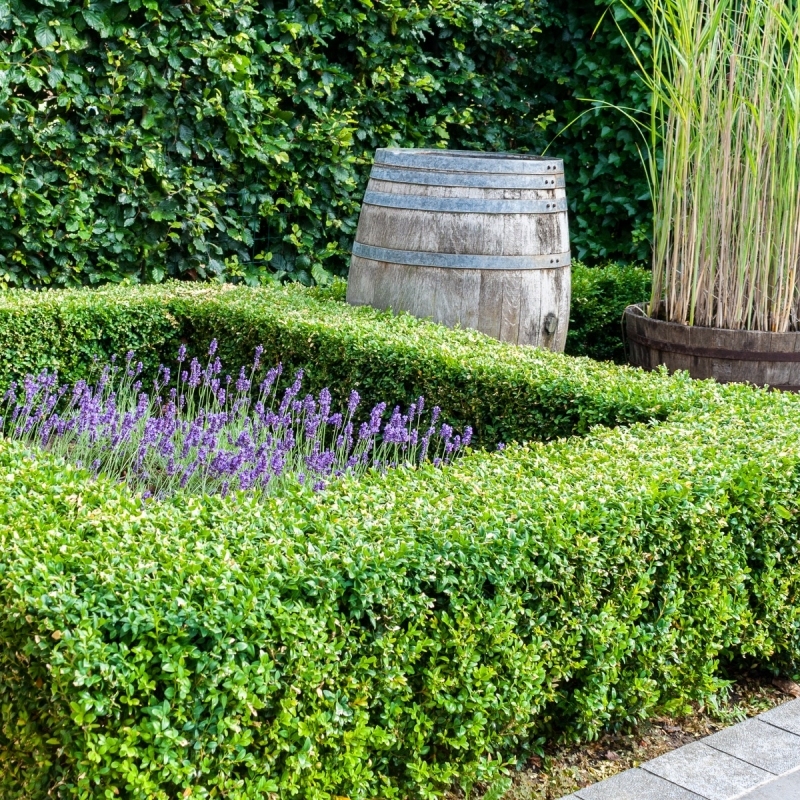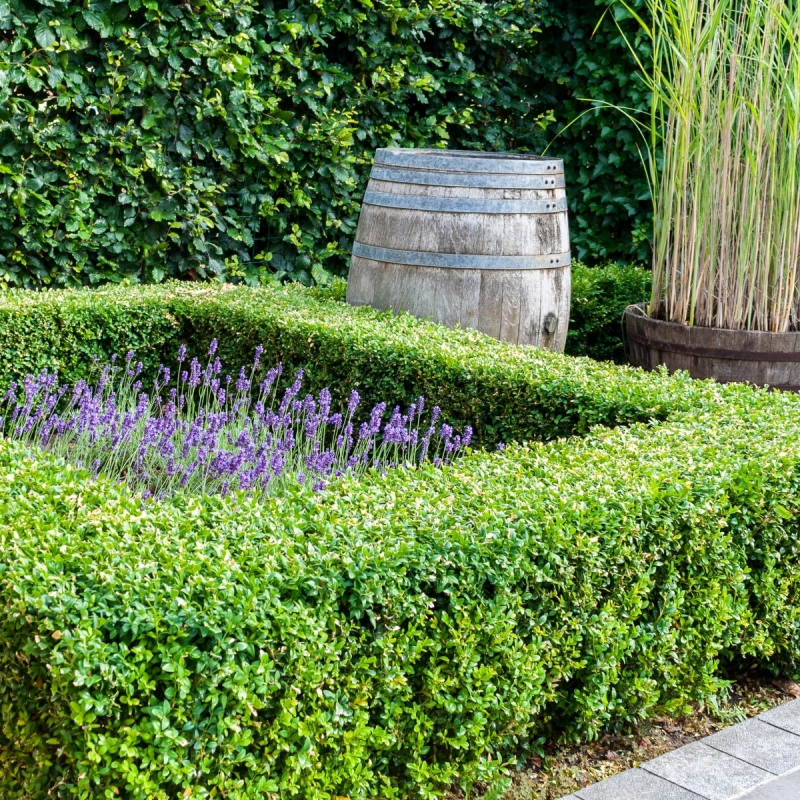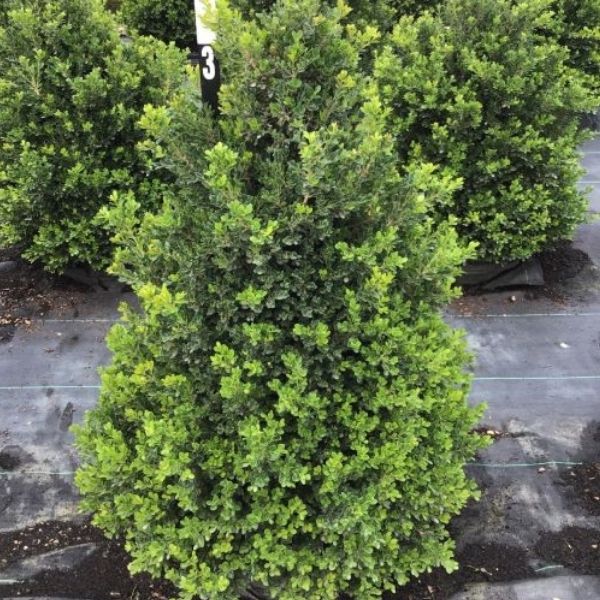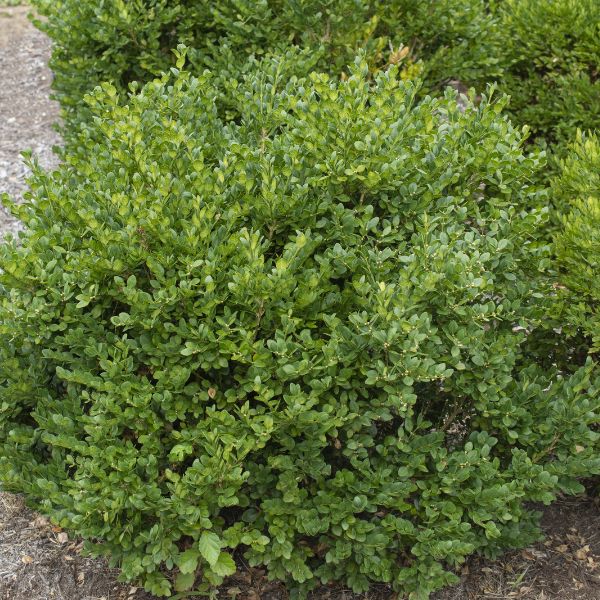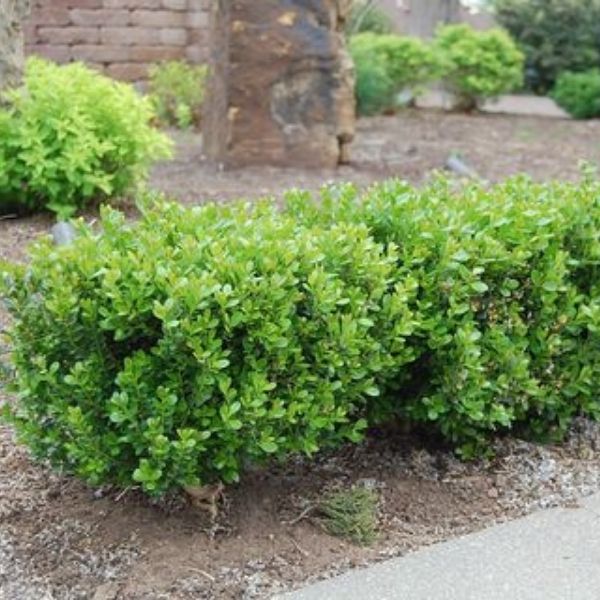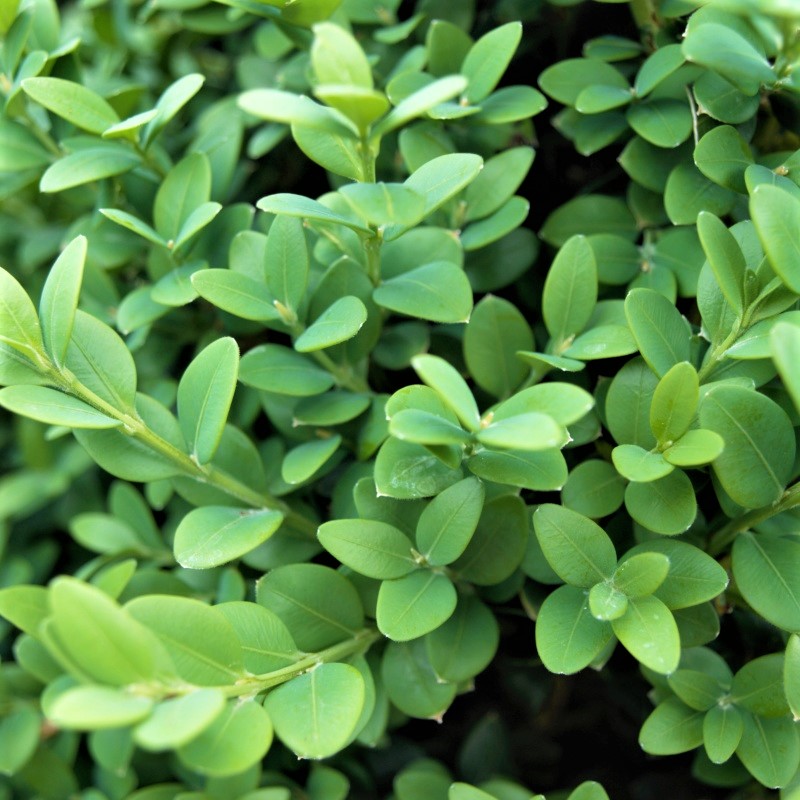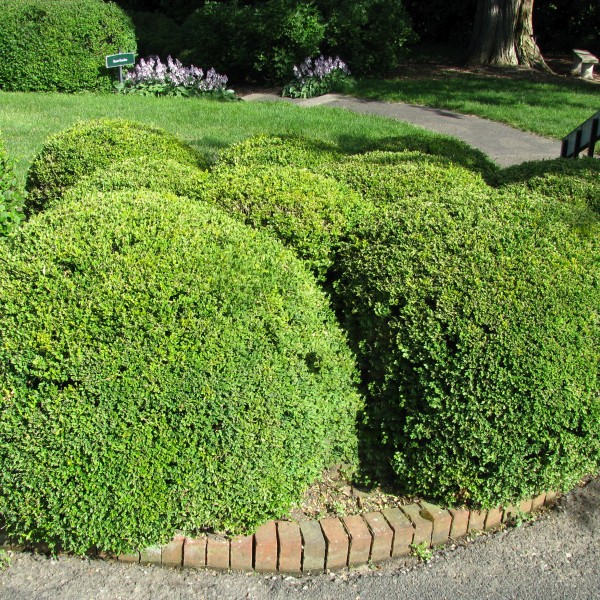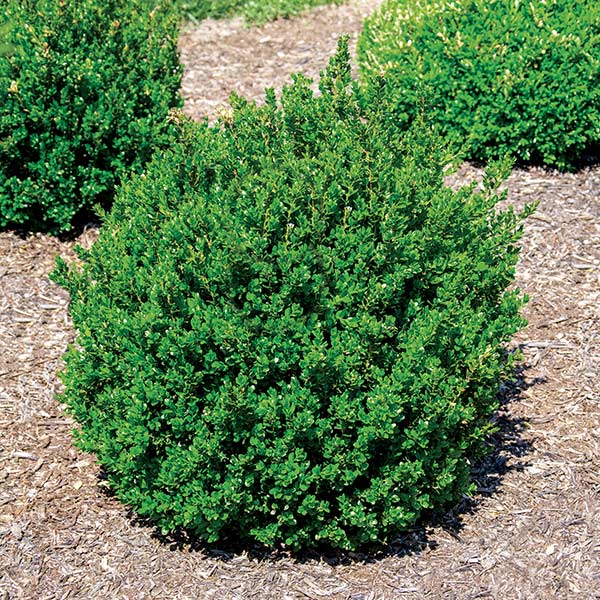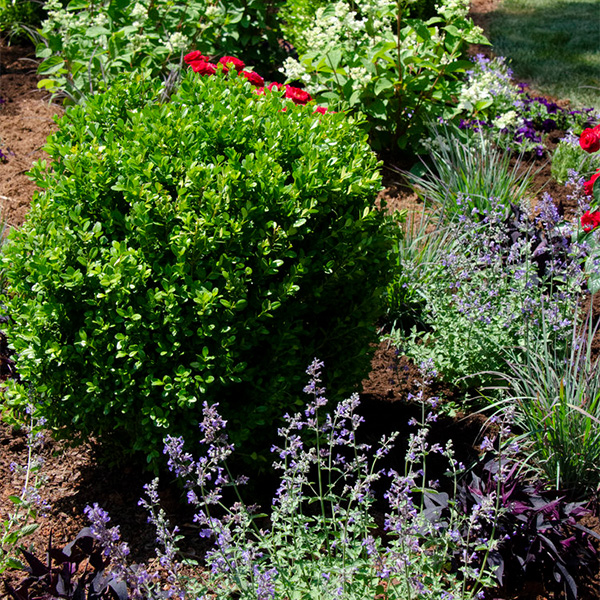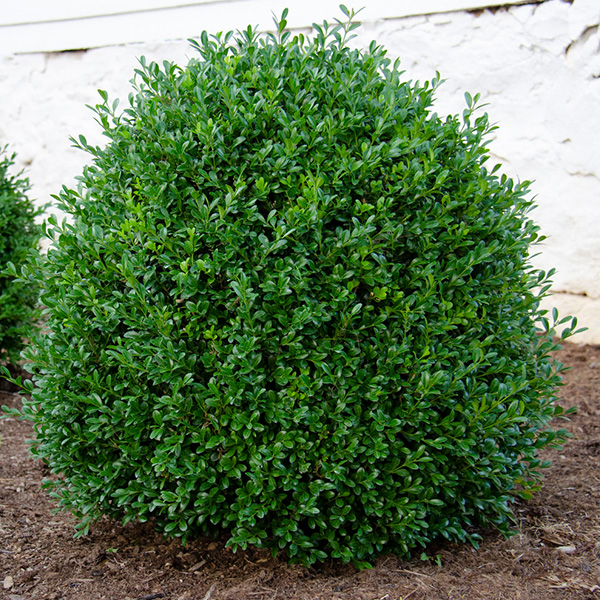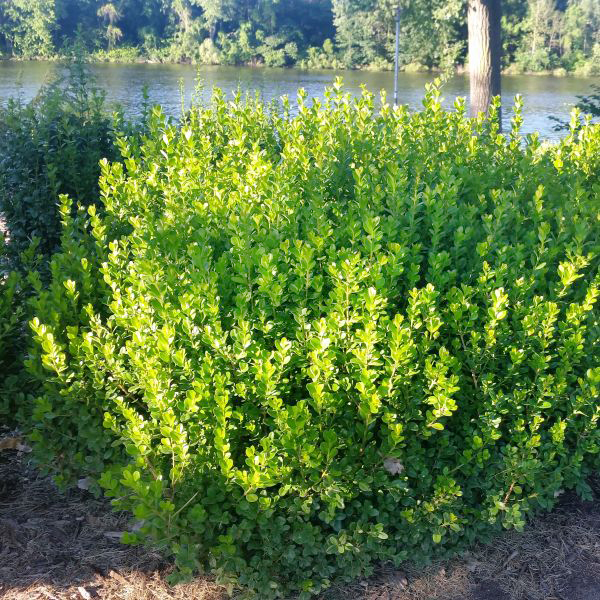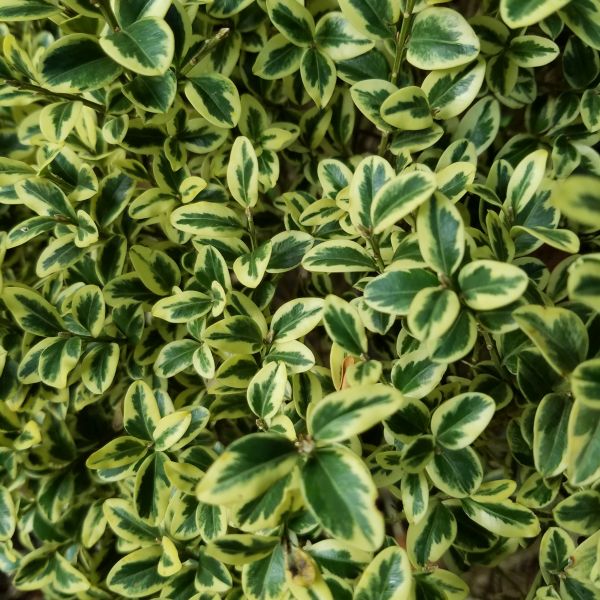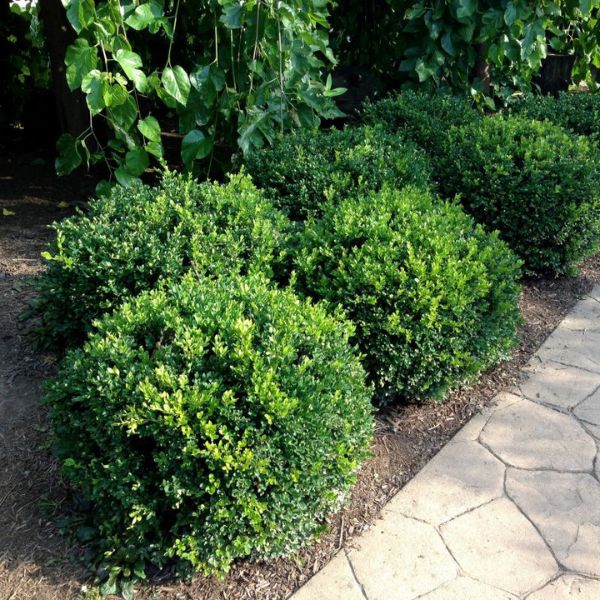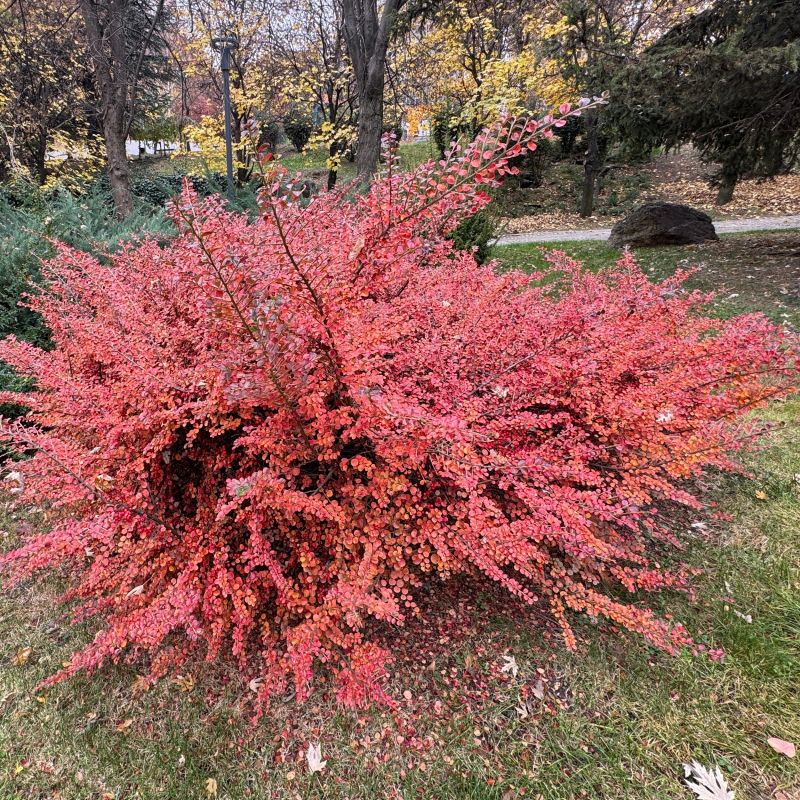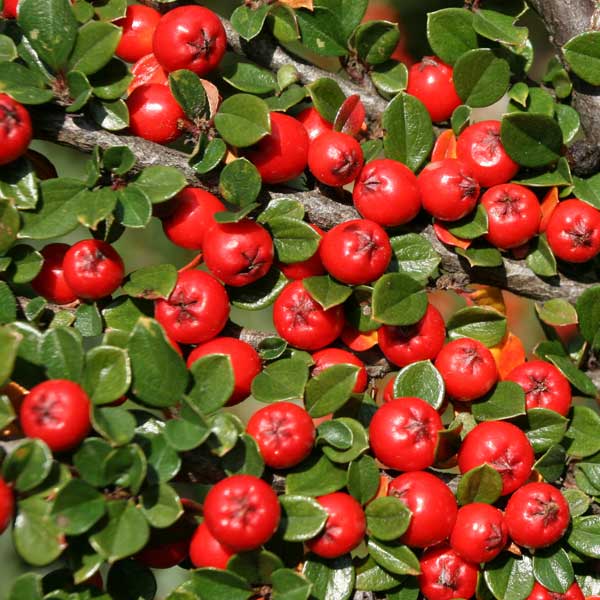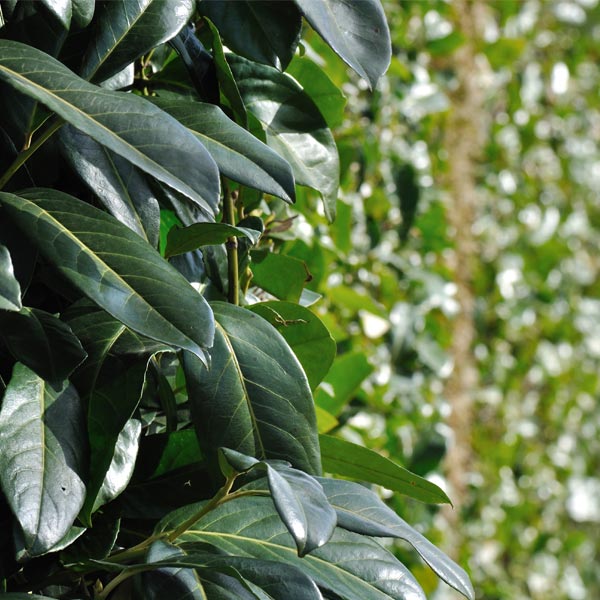

Bay Laurel
Laurus nobilis
17 reviews
Bay Laurel
Laurus nobilis
17 reviews
- Beautiful evergreen foliage that retains its glossy green appearance year-round
- Adaptable to various soil types and drought-tolerant once established
- Fragrant leaves can be used in cooking for a unique flavor in dishes
- Recommended by landscape designers for optimal fit in real yards
$54.00
$78.00
30% Off
- Ships to 43215 in 3 to 7 days
- Free Shipping Over $150
- Plant Arrival Guarantee
- In Stock
- Free Plant Consult
$200 - Landscape-Approved: Every Plant We Sell Comes With Design Expertise Behind It
1 Gallon
Not just beautiful - intentionally selected by ShrubHub's 3D landscape design team to fit real-world spaces and maximize yard potential.
Why Bay Laurel?
Bay Laurel (Laurus nobilis) is a commonly used herb in cooking, especially in Mediterranean cuisine. It has a distinctive aroma and is used to flavor soups, stews, meat dishes, and sauces. Bay leaves are believed to have anti-inflammatory and antimicrobial properties, and have been used in traditional medicine for centuries. They are often used to treat respiratory and digestive problems. Bay Laurel plants are also used for ornamental purposes, as they can grow into small trees or bushes with shiny and frag
People who loved this plant also bought
Sunlight
Bay Laurel plants require full sun to thrive. They need at least six hours of direct sunlight each day to grow and develop properly. Insufficient sunlight may result in poor growth and lack of foliage.
Watering
Bay Laurel plants have moderate watering requirements. They prefer to be watered consistently but do not like to be overwatered. It is important to allow the soil to dry between waterings to prevent root rot.
Fertilizing
Bay Laurel requires a well-draining soil with a pH level between 6.0 and 7.5. It benefits from an organic fertilizer that is rich in nitrogen, phosphorus, and potassium. Regular application of a balanced slow-release fertilizer can promote healthy growth a
Native to the Mediterranean region, the bay laurel plant (Laurus nobilis) is a medium-sized evergreen tree that has other common names such as laurel, sweet bay, bay tree, or bay leaf. While it grows up to 30 to 60 feet tall and 20 feet wide, it can be kept as small as 4 to 8 feet tall and 5 feet wide with persistent trimming.
Bay laurel tree is a slow-growing perennial herb, container plant, and low-maintenance hedging plant that belongs to the laurel family and grows a few inches per year.
If you are currently in search of a fail-proof way to refurbish your now-uninviting outdoor space, create a verdant oasis with bay laurels.
Aromatic, pointy, and oval-shaped, bay laurel leaves are glossy with a leathery texture that adds to your garden’s overall visual interest. The dark green leaves breathe a sense of freshness and liveliness into the scene.
What makes this bay tree an even more beautiful design piece is that it features clusters of small yellow flowers in spring, amping up the cheerful spring vibes. When fall is in full swing, these flowers turn into dark purple berries. The berries of the laurel trees not only give your outdoor space a touch of elegance but they are also packed with health benefits.
You’ll be amazed at how sweet bay can be an attractive addition to your kitchen! Prized for being one of the primary culinary herbs, bay leaf has a culinary history that traces back nearly thousands of years.
Due to their light, herbal flavors, bay leaves are commonly added to soups, stews, and meat dishes. Plus, loaded with fiber, vitamins, minerals, anti-inflammatory properties, and antioxidants, bay leaves are low-calorie herbs that boost your physical health.
Grow bay laurel and make this super plant a part of your herb garden! Order bay laurel today!
Plant Information:
| Botanical Name: | Laurus nobilis |
| USDA Zones: | 8 - 11 |
| Water: | Moderate |
| Exposure: | Full Sun |
| Soil Needs: | Well Drained |
| Mature Height: | 12 - 15 feet |
| Mature Spread: | 12 - 15 feet |

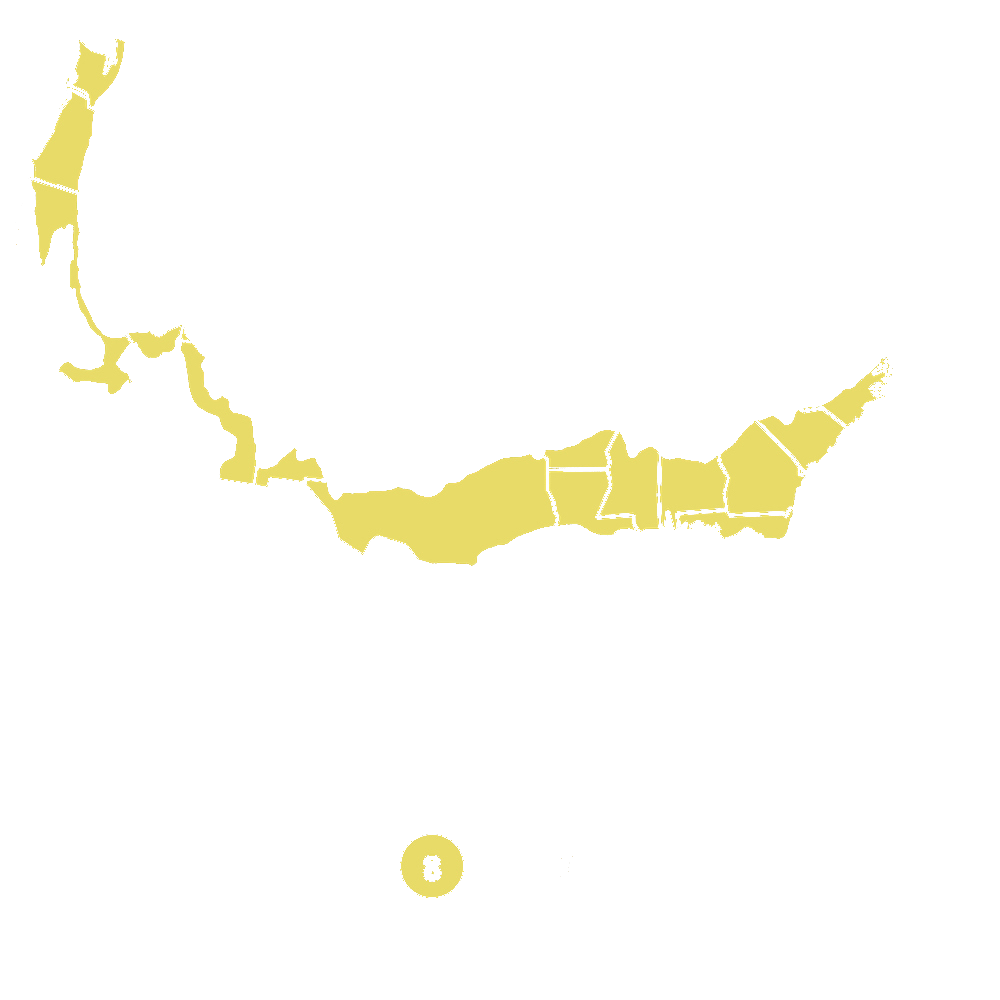
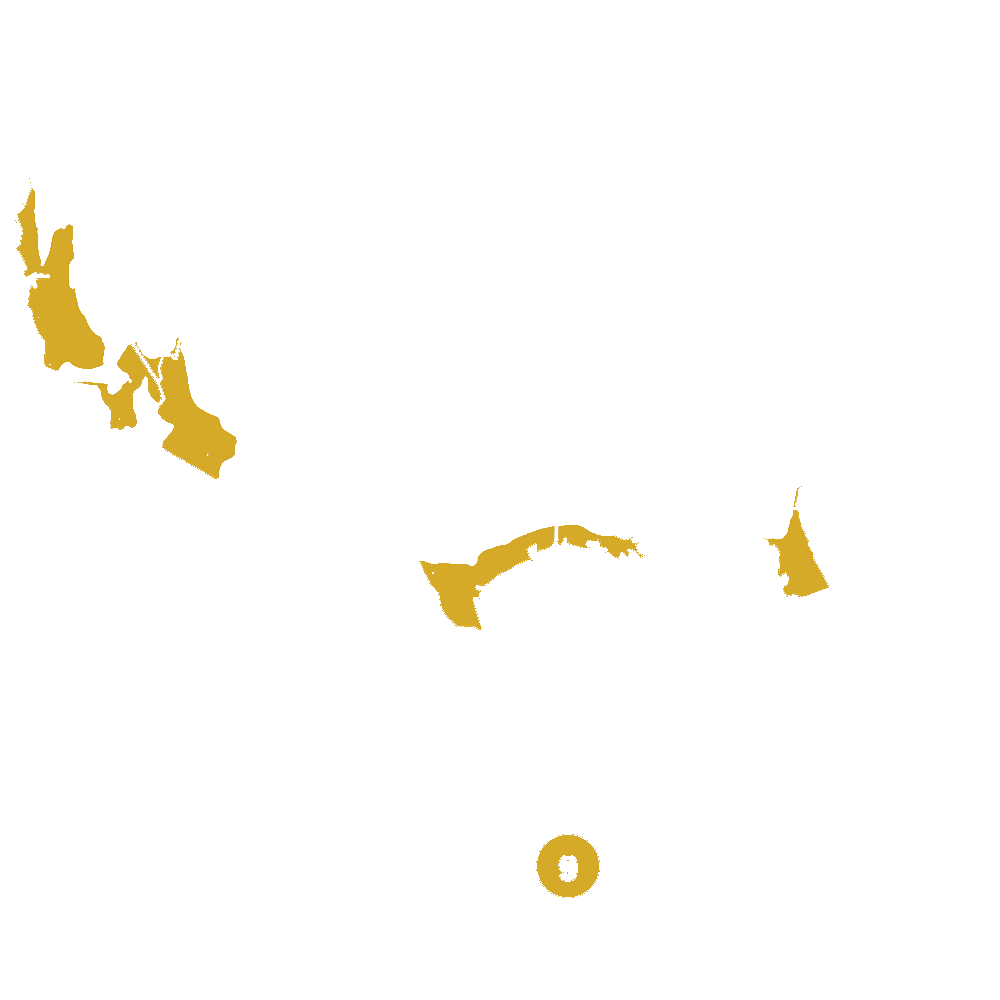

Pollination Info
Bay Laurel (Laurus nobilis) Pollination Info
The Bay Laurel is a dioecious plant, meaning that it has separate male and female individuals. The male flowers are produced in clusters on catkins, while the female flowers are single and located at the base of the leaves.
The Bay Laurel is primarily pollinated by wind, although it is also visited by bees and other insects. The male flowers release large amounts of pollen that is carried by the wind to the female flowers. The female flowers have a sticky stigma that traps and holds the pollen.
Because the Bay Laurel has both male and female plants, it is important to have both sexes in order for pollination to occur and for fruit to be produced.
The fruit of the Bay Laurel is a small, round, dark-colored berry that is used in cooking and is also known as a bay leaf. It is important to note that the fruit is toxic if ingested in large quantities.
FAQ
FAQ for Bay Laurel (Laurus nobilis)
1. What is Bay Laurel?
Bay Laurel or Laurus nobilis is an evergreen plant that belongs to the family Lauraceae. It is native to the Mediterranean region and has been widely cultivated for its aromatic leaves.
2. What are the uses of Bay Laurel leaves?
Bay Laurel leaves are popularly used as a culinary herb to impart a distinct flavor and aroma to dishes. It is also used to make essential oils for aromatherapy and other medicinal purposes. Additionally, Bay Laurel leaves are used in traditional medicine for their antiseptic and anti-inflammatory properties.
3. How do you grow Bay Laurel?
Bay Laurel is relatively easy to grow and requires well-drained soil, plenty of sunlight, and moderate watering. It can be grown in pots or in the ground. Bay Laurel can be propagated either by cuttings or by seeds.
4. Do Bay Laurel plants require pruning?
Yes, pruning is necessary to maintain the shape and size of the plant. Additionally, pruning helps to stimulate growth and promote bushier growth. It is recommended to prune the plant in the spring before new growth appears.
5. Are Bay Laurel leaves toxic?
While Bay Laurel leaves are safe to consume in small amounts, consuming large quantities can cause abdominal pain, vomiting, and other symptoms. Additionally, the plant contains a toxic compound called p-cymene, which can cause skin irritation and other allergic reactions.
6. Where can I buy Bay Laurel plants or leaves?
Bay Laurel plants and leaves can be found at most nurseries and garden centers. The leaves are also available for purchase online or at specialty food stores.
7. Can Bay Laurel be grown indoors?
Yes, Bay Laurel can be grown indoors as long as it is provided with plenty of sunlight and moderate watering. However, the plant may require additional lighting during the winter months.
8. How long does it take for Bay Laurel to grow?
Bay Laurel is a slow-growing plant and can take several years to reach maturity. However, it can still be harvested for its leaves once the plant reaches a height of about 4 feet.
Planting & Care
Planting & Care for Bay Laurel (Laurus nobilis)
Bay Laurel (Laurus nobilis) is a popular evergreen shrub or small tree known for its fragrant leaves. Here are some guidelines for planting and caring for Bay Laurel:
Planting Bay Laurel
- Choose a well-draining spot with full to partial sun exposure.
- Dig a hole twice as wide as the root ball and as deep as the container.
- Loosen the roots and remove any diseased or damaged roots.
- Place the plant in the hole and backfill with soil, tamping it lightly as you go.
- Water thoroughly.
- Mulch around the base of the plant to retain moisture and suppress weeds.
Caring for Bay Laurel
Follow these tips to keep your Bay Laurel healthy and thriving:
- Water regularly during the growing season, making sure not to let the soil dry out completely.
- Fertilize once a year in the spring with organic compost or a balanced fertilizer.
- Prune in the late winter or early spring to shape the plant and remove any damaged or diseased branches.
- Protect from frost or freezing temperatures by covering the plant or moving it indoors.
- Harvest the leaves as needed, but avoid removing more than one-third of the plant at a time.
With proper planting and care, your Bay Laurel can provide years of beauty and fragrance in your garden.
Check Out These Verified Customer Reviews:
Customer Reviews
4.7 out of 5 based on 17 reviews
Thank you! Your review has been submitted.
Smooth website experience, easy to navigate and find what I was looking for.
Excellent packaging, plant looks amazing.
Bay Laurel's products are top-notch in quality and appearance. The website is user-friendly and makes browsing a breeze. Shipping is prompt and customer service is friendly and helpful.
Item has been added to your cart.






